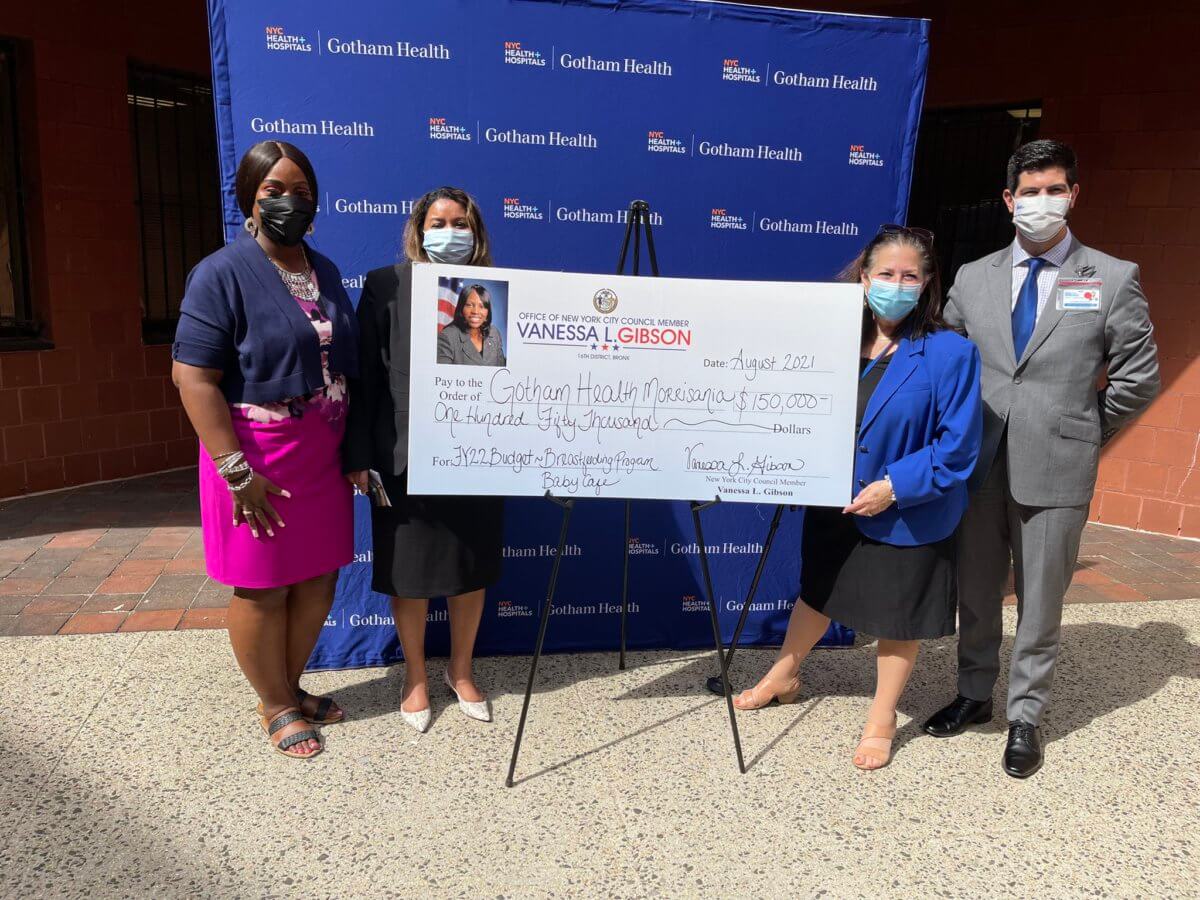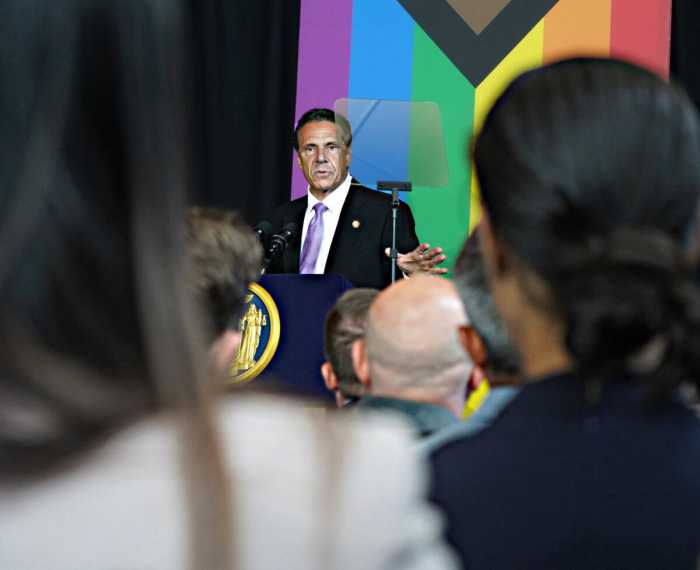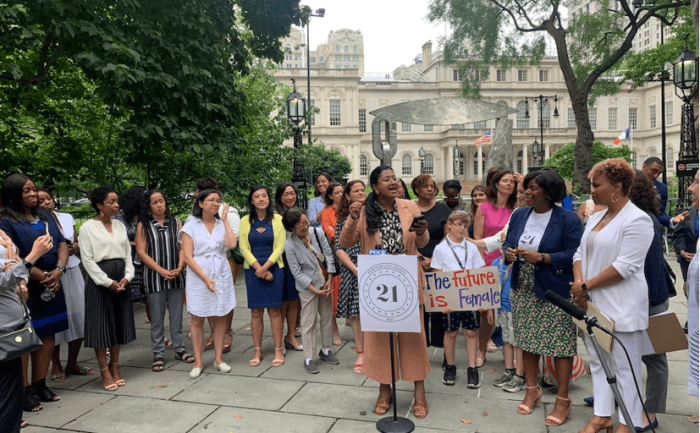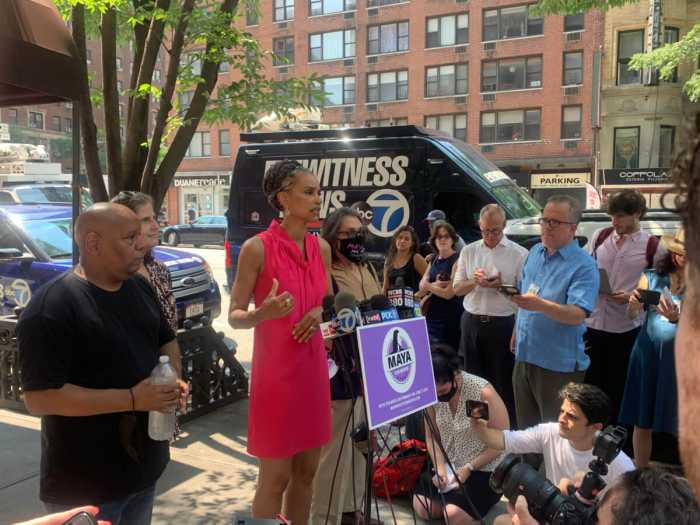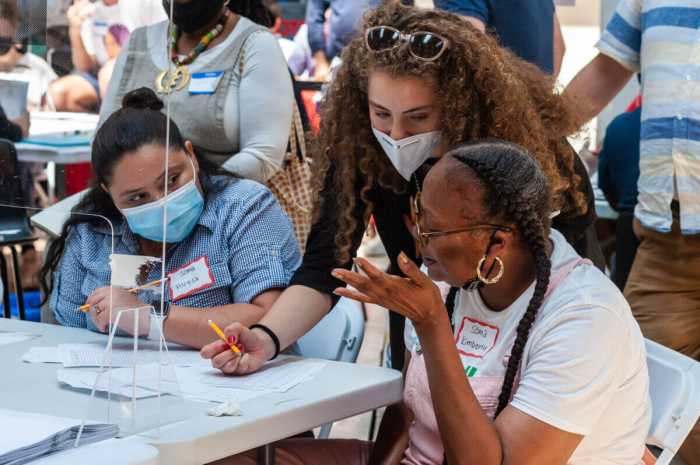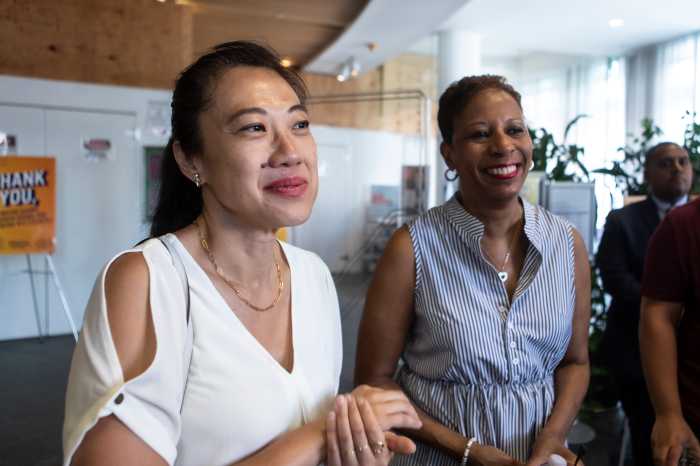On Aug. 31, NYC Councilwoman Vanessa Gibson was joined by birth justice advocates and healthcare leaders as she announced more than $400,000 in City Council funding to combat high rates of infant and maternal mortality in the Bronx.
Gibson allocated $150,000 to Gotham Health, Morrisania to support their Breastfeeding Peer Counseling Program that provides low-income mothers with comprehensive lactation services, and more than $200,000 to Bronx Health Link, Inc., for their doula programming. Both programs were funded this year with the intent to reduce poor health outcomes for Bronx birthing individuals and children, as the Bronx continues to have one of the highest rates of maternal and infant mortality in the city.
Data shows that New York State has a relatively high rate of maternal mortality relative to other states in the country, with 20.8 deaths per 100,000 people in 2018. In 2017, most pregnancy related deaths in NYC occurred in residents of Brooklyn (33%) and the Bronx (29%). The data also highlighted a significant racial disparity with Black women eight times more likely than white women to die from pregnancy related complications as a result of several factors that include: systemic racism and discrimination in the healthcare industry, comorbidities that can affect a mother’s health during childbirth, access to patient-affirming care from a culturally competent healthcare profession and a myriad of other risk factors that can disproportionality impact a woman of color’s health.
Doula services have been shown to greatly reduce poor health outcomes for birthing individuals and their infants by offering crucial emotional and physical support before, after and during childbirth. Bronx Health Link, Inc. is one of a few organizations in the Bronx that offer Doula support to birthing individuals.
“We know there is healthcare injustice that disproportionately impacts American-American and Latina women in the Bronx and throughout the United States,” said Gibson, co-chair of the NYC Women’s Caucus. “Too many women of color have died from maternal complications that could have easily been avoided if they had the necessary support and patient-centered care before, during, and after childbirth. It is important that we fight for equity in our healthcare system for all birthing individuals that want to be treated with fairness and that simply want to receive quality care.
“Today’s allocation of over $400,000 to Bronx Health Link, Inc and Gotham Health, Morrisania is the first step towards ensuring women of color in the Bronx have access to doulas and lactation services without their race or socioeconomic status being a barrier to accessing these crucial life-saving programs. I am proud to join with the birth justice advocates and our healthcare professionals in calling for systemic changes to address these issues and for a birthing system here in the Bronx. Our work is not over, but just beginning,”
In addition to poor maternal health outcomes in the Bronx, the borough also has high rates of infant mortality with eight of the 11 Bronx community districts having higher infant mortality rates than the NYC average. Children are also not immune to racial health inequities with babies born to non-Latina Black mothers experiencing an infant death rate of 7.9 per 1,000 live births, compared to 2.3 deaths per 1,000 live births born to non-Latina white mothers.
Breastfeeding can greatly reduce the risk of sudden infant death syndrome, acute otitis media, diarrhea and other gastrointestinal diseases, asthma, allergies, lower respiratory tract infections, obesity, and diabetes (Type I and II), and other life-threatening illnesses for infants. There are also benefits for the mother that could reduce the likelihood of high blood pressure, type 2 diabetes, ovarian cancer and breast cancer.
Every major health organization in the world recognizes the importance of breastfeeding. Once viewed as a lifestyle choice, we now know that breastfeeding is a public health imperative. Breastfeeding is the ‘great equalizer’ contributing to health equity for marginalized communities. It gives every baby a healthy start in life – regardless of their zip code, economic status, ethnicity, race or religion.
“Breastfeeding and its impact on reducing racial disparities and inequities in maternal/infant health has never been more apparent or more important than during the Covid-19 public health crisis,” said Thersea Landau, WIC program director, Morrisania WIC Program. “This pandemic has tragically exposed the disproportionate impact illness and disease has on our most vulnerable families.”


